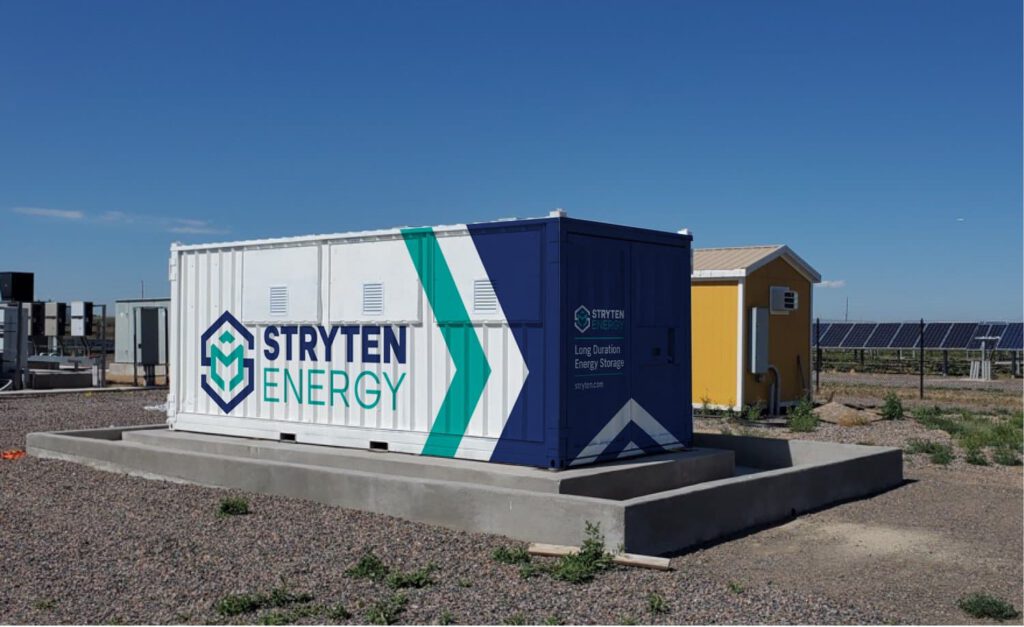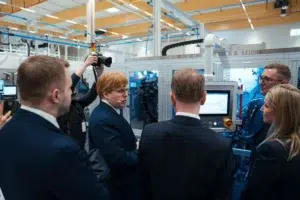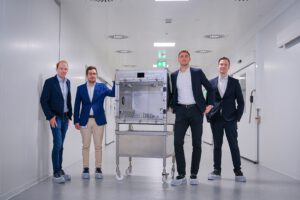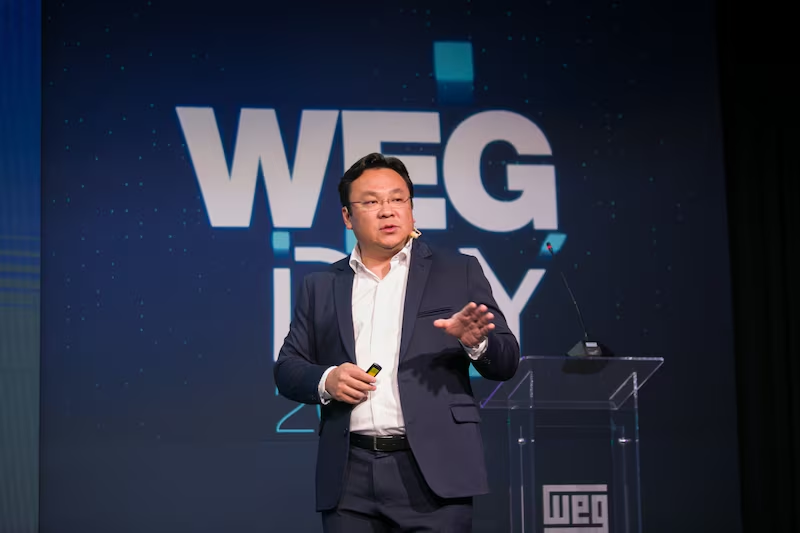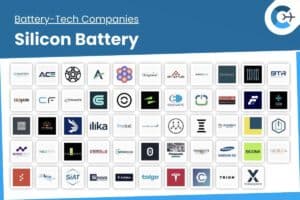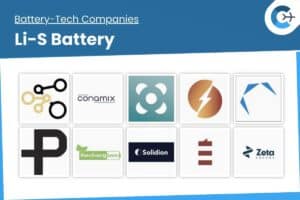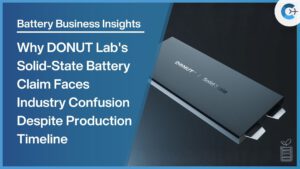Stryten Energy LLC, a U.S.-based provider of energy storage solutions, has announced a partnership with Storion Energy LLC, a manufacturer of high-quality vanadium electrolyte. The collaboration was revealed at the Energy Storage Summit USA, held on March 26-27 at the Renaissance Dallas Addison Hotel in Dallas, Texas. The partnership aims to address cost barriers associated with vanadium redox flow batteries (VRFB) for long-duration energy storage (LDES).
As U.S. power consumption is projected to reach 4,185 billion kilowatt-hours (kWh) in 2025, the demand for reliable energy storage solutions is increasing. Aging infrastructure and the growing power needs driven by data centers and artificial intelligence are contributing to more frequent power outages. Battery energy storage systems (BESS) are essential in mitigating these outages by ensuring the continuous operation of critical infrastructure and applications when traditional power sources fail. By adopting a battery-first design for LDES, BESS can be scaled to meet the requirements of utilities, commercial and industrial sectors, military bases, and emergency response operations.
“As demand for energy increases and more renewable energy is generated, it is important that the U.S. is proactive about integrating BESS into electric grids both at the utility scale and for smaller applications such as microgrids,” said Scott Childers, Vice President, Essential Power for Stryten Energy. “The domestic manufacturing of BESS and its key components is a crucial part of creating a future of cleaner, abundant energy while ensuring energy security and resiliency for businesses, consumers, and the country as a whole.”
VRFBs are recognized for their safety, reliability, and ability to provide long-duration energy storage, which supports grid stability and the increased use of renewable energy sources. These batteries can maintain their storage capacity for over 20 years and offer near-limitless cycle life, making them attractive to utility customers. However, the initial cost of VRFB systems remains a significant obstacle to their widespread adoption.
Storion Energy is addressing this challenge by focusing on reducing the cost of vanadium electrolyte production, which typically accounts for 40 to 60 percent of VRFB system costs. The company has introduced an innovative vanadium electrolyte leasing model aimed at accelerating the commercialization of VRFB technology. By establishing a cost-effective domestic supply chain for vanadium electrolyte, Storion Energy and Stryten Energy aim to facilitate the rapid adoption of VRFBs, positioning them as a leading technology in the utility sector within the next five years.
At the summit, Travis Torrey, Chief Technology Officer of Storion Energy, presented on “Vanadium Electrolyte Leasing to Help Achieve DOE’s Long Duration Storage Shot LCOS Goal.” The presentation discussed the increasing market demand for VRFBs and the benefits of electrolyte leasing models for both consumers and suppliers.
Source: Stryten

